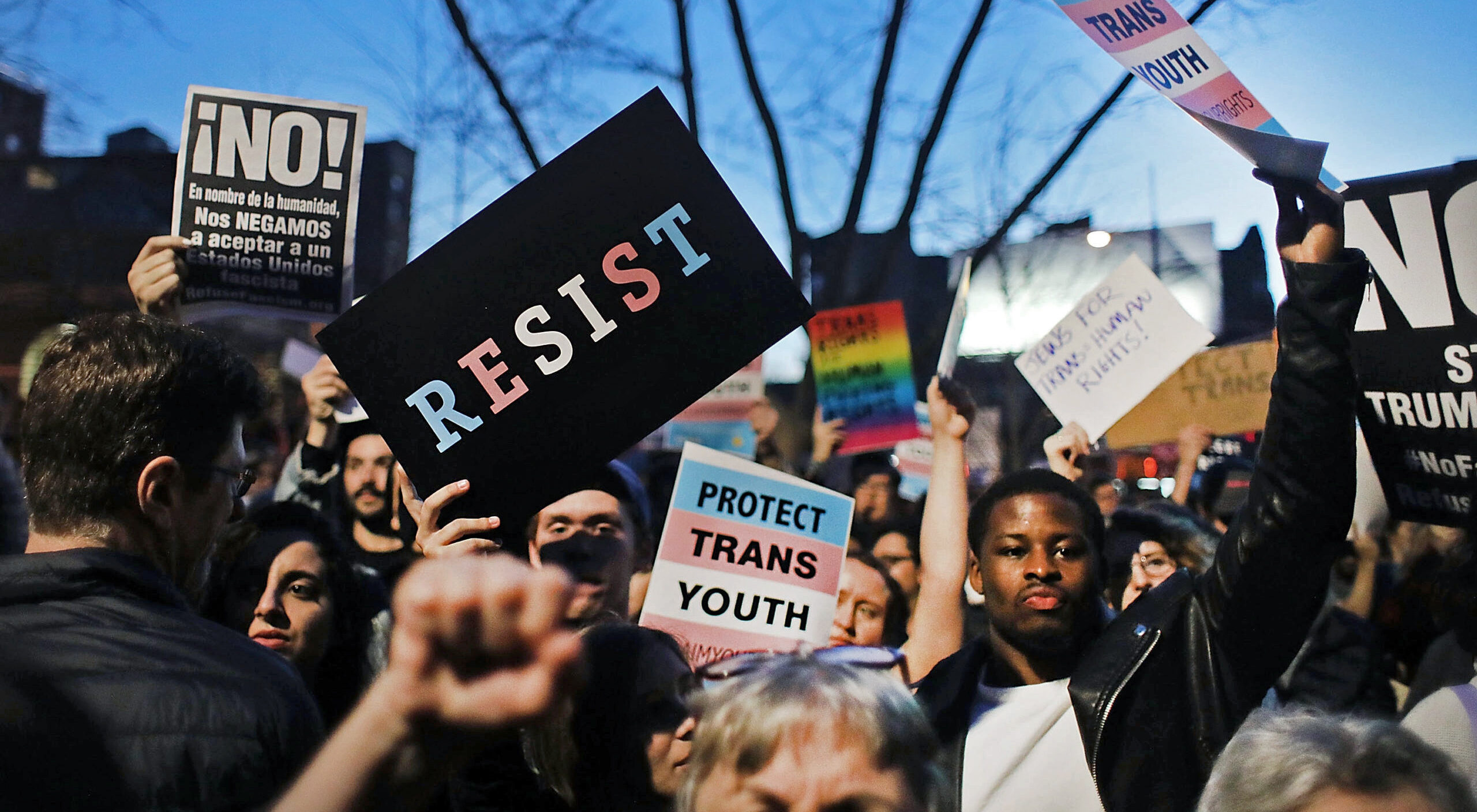Conservatives are losing the culture war and it’s because they are being divisive, argues John Burn-Murdoch in an interesting FT piece today.
The underlying message seems to be that conservative parties should go with the radical progressive flow in order to woo the next generation of voters, even if that means ushering in a wholesale change to the culture that most voters don’t want. This is a classic of the ‘it’s inevitable, so submit’ progressive neoliberal genre, which is deeply misleading.
The problem with the argument begins with terminology. Counted as culture war issues are immigration and gay rights. But gay equality and marriage rights are old battles long won by liberals. Immigration is a live political issue, but reaches back to the late ’80s in Europe and late ’90s in Britain. This is not what is meant by ‘culture war’.
Instead, the term ‘culture war’ refers to a new rift between cultural socialism, which pushes for equal outcomes and ‘emotional safety’ for identity groups; and cultural liberalism, which cleaves to free speech, due process, equal treatment without regard to race, gender or sexuality, and objective truth.
A second set of objections are by posed another group, including but not limited to cultural conservatives, which wants to preserve and protect works of national heritage: statues of Winston Churchill or original names like Edinburgh’s Hume Tower. They don’t want children being taught that white people or Britain are distinctively racist or that the British Empire is uniquely evil. They wish to defend literature such as the Greco-Roman canon or Roald Dahl from being bowdlerised. They seek to protect the traditional meaning of words like ‘woman’ or the gendered syntax of languages like Spanish. These are but a few examples, but they illustrate the breadth of changes that have been taking place across the culture over the past decade.
It’s also worth being clear about who started this ‘culture war.’ While it is true that conservatives have played their part in deepening culture war divisions, it is the progressive Left who have been doing this kind of thing for far longer. Indeed, they have been promoting partisan ideas in schools and companies for decades. But when the Right resists this onslaught, be this at school board meetings or in national politics, that’s considered to be a culture war.
Make no mistake, cultural socialism is unpopular, splitting the Left while uniting the Right. It is a perfect wedge issue for conservatives to go after and they would do well to raise the profile of these issues in electoral politics the way Ron DeSantis has done in Florida or Glenn Youngkin did in Virginia. Research has shown the balance of opinion between cultural socialist and cultural liberal views on a suite of 20 culture war questions. Overall, opinion leans about 2 to 1 against the cultural socialist position.
One area where the FT article is correct is that young people differ a lot from the old on cultural questions. This holds as much for culture war issues as for immigration. For instance, most under-35s favour a ‘colour-conscious’ approach to race while the vast majority of over-50s prefer a colourblind position. As many under-25s think J.K. Rowling should be dropped by her publisher as support her but only 5% of over-50s back the author’s cancellation.
This generational trend toward woke moral absolutism is a bad sign for liberalism. If conservatives do not address these issues, then they really will be consigned to the political wilderness.











Join the discussion
Join like minded readers that support our journalism by becoming a paid subscriber
To join the discussion in the comments, become a paid subscriber.
Join like minded readers that support our journalism, read unlimited articles and enjoy other subscriber-only benefits.
Subscribe